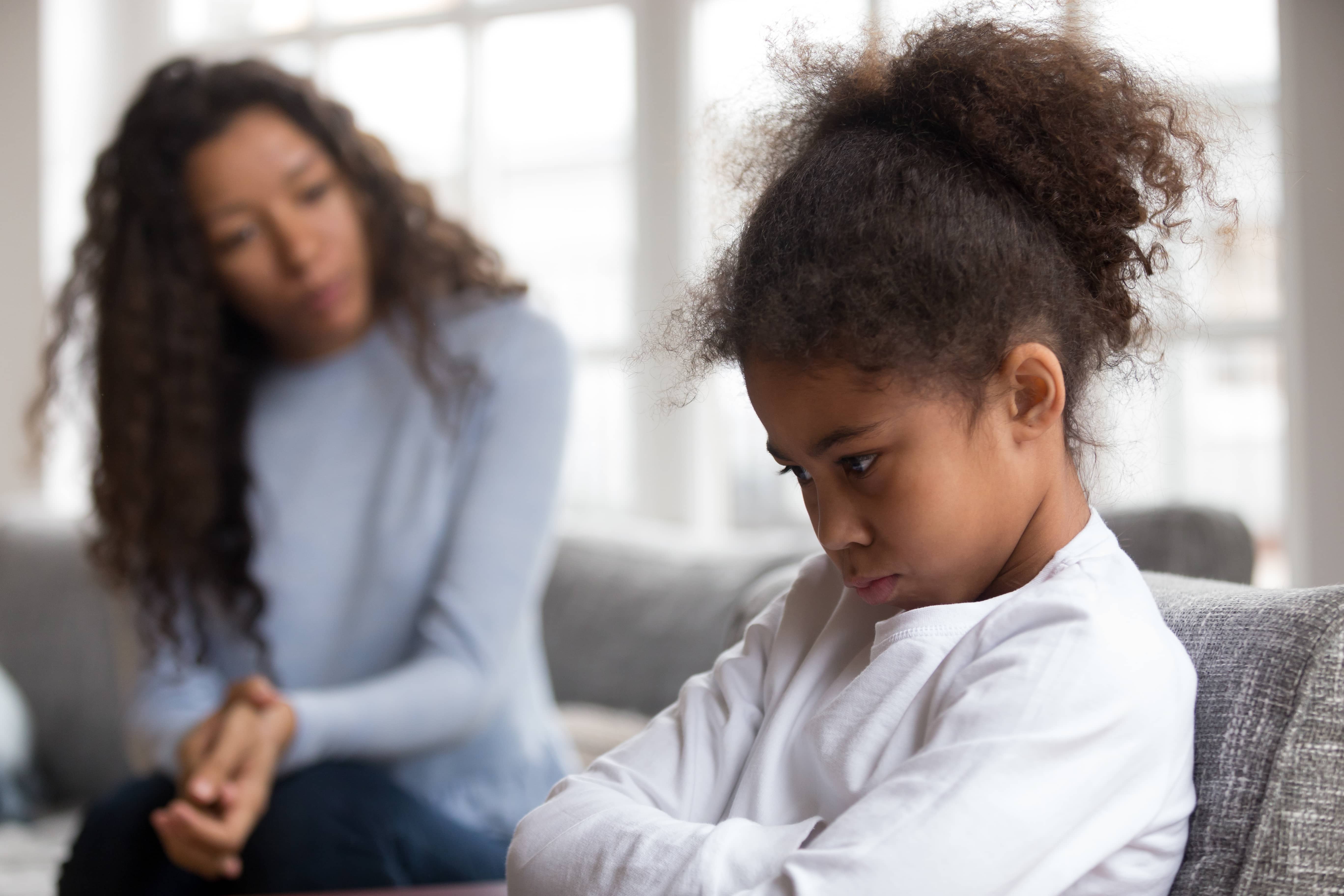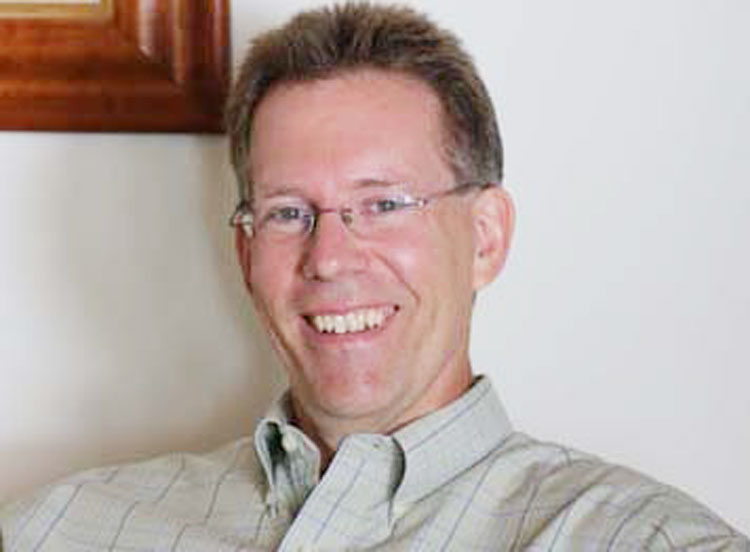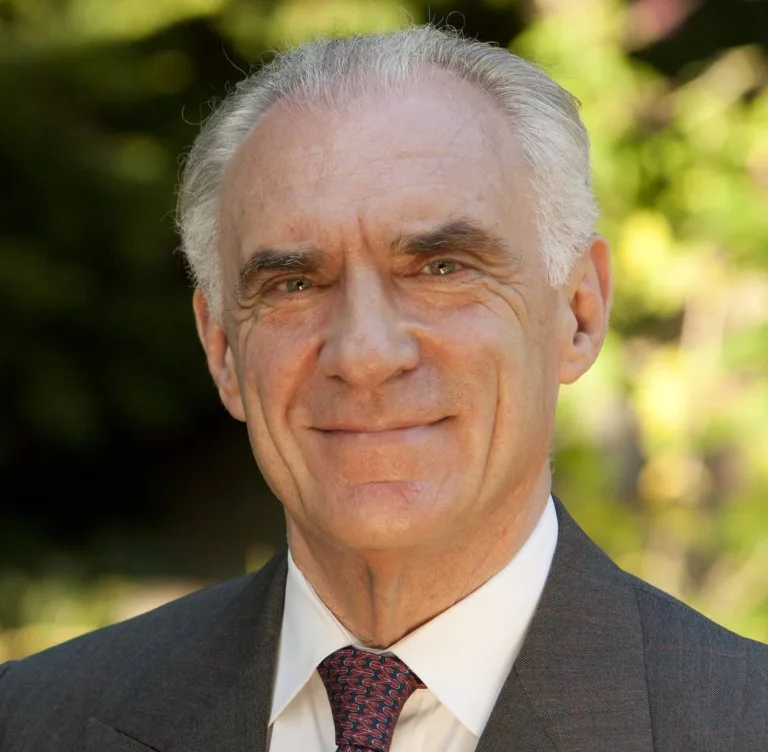

By: Julie Hall
I recently purchased a journal for my mother. Each week, I send her a question that I would like her to respond to about her childhood, her family background and the experiences she’s navigated throughout her life, and she has graciously indulged me so far. I do this because my mother’s story matters to me, and I know that her story is very intricately tied to mine.
The late, great author, poet and scholar Dr. Maya Angelou states, “The more you know of your history, the more liberated you are.” This quote moves me because it describes the depth of opportunity we have in learning from the experiences that came before us. As a therapist, one of the first activities that I work through with clients is family mapping. We look at three generations of clients’ families together for the purpose of uncovering three areas: 1) patterns, 2) narratives, and 3) trauma.
We look at patterns of behavior that have been passed down from generation to generation. These could be patterns such as ways that love was given or received, or communication styles or ways that conflict was navigated. Each generation often models or is shaped by the patterns that have been developed by the generation before.
We also critically consider narratives that have been developed throughout the generations of a client’s family. A narrative is essentially a story you tell yourself about yourself and/or the world around you and often reflect a family’s values. The stories can reflect and are not limited to a family’s perspectives on race, gender, finances, politics and education.
We also look at trauma. Best-selling author, Resmaa Menakam states, “When something happens to the body that is too much, too fast or too soon, it overwhelms the body and can create trauma…” Trauma, particularly unprocessed trauma, can move through generations by shaping both patterns and narratives. For example, if violence happened in a family and was perpetuated by an individual or individuals of a particular gender or race, this traumatic experience can impact the narratives around the importance of keeping oneself physically safe or impact narratives in that family about that gender or racial group as a whole.
In therapy, we try to foster safe spaces to critically evaluate patterns, narratives and traumas as a way of better understanding our own stories. How did I get to be the way that I am? Why do act in the ways that I do? What shapes my responses? When I can better understand my own story, it builds a pathway for empathy and self-compassion. A study out of the Greater Good Science Center at UC Berkeley states, “It might seem surprising that self-compassion can bring about great change, but modern science is backing this up. Research suggests that an attitude of kindness strengthens our ability to learn from our mistakes, which can expand our perspective and make us more creative and resourceful.” The study’s results further reinforce the importance of learning from our history – our family history, country history, world history – through a lens of self-compassion. From there, with consciousness and intention, we have a fuller opportunity to choose how we would like to move forward.
Scholar Jill Lepore writes, “The study of history requires investigation, imagination, empathy and respect.” While I do not believe this means we affirm all the actions of our history, my glean from this quote is that we must treat our history with the kind of importance and weight that its imprint on our lives demands. When we can fully reflect on and acknowledge what came before, we are better equipped and empowered to activate healing in our own lives and the generations to come.
Julie Hall, MBA, MS, LMFT is a Licensed Marriage and Family Therapist at the Greenwich Center for Hope & Renewal. Greenwich, CT. You can reach her at 203 340 9816 or juliehalltherapy@gmail.com.





